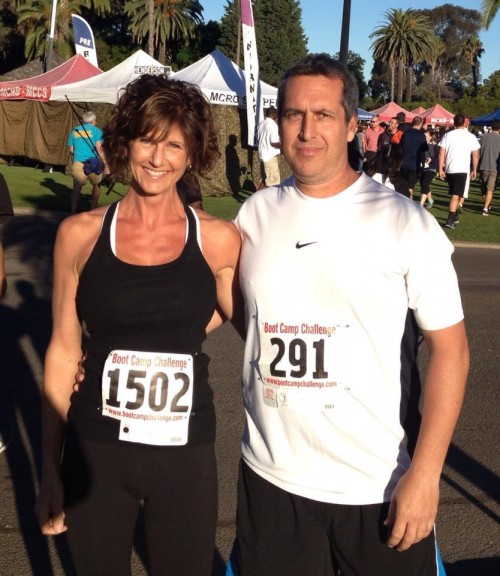During the Olympics last summer, we were watching amazing physical feats of Olympians across every sport. Although these athletes make their athletic prowess look effortless they have spent years, some even decades, honing their bodies to be in the best possible condition for this worldwide competition.
The process of training hard every day is essentially the act of breaking down your muscles and rebuilding them to be stronger, faster and more efficient. As you can imagine, this takes a huge physical toll on their bodies.
Even though not everyone is an Olympic athlete, you know the familiar ache of being sore the next day if you have ever had a hard workout. Pushing your body to the limit can be mentally and physically challenging, making proper athletic recovery of the utmost importance. This rings true for gold-medal winning, professional athletes and down to people who only work out occasionally.
What is athletic recovery?
After continuous and demanding training sessions, athletes often experience fatigue and are more at risk for injury. Even though rest days are essential to overall performance, sometimes it’s easy to feel guilty for taking a day off, especially if trying to accomplish specific physical goals.
However, active, athletic recovery benefits are numerous and will enhance training instead of hampering it. Not to mention, the risks of insufficient recovery are much higher than any potential gains they could make instead of taking a well-deserved day off.
The benefits of athletic recovery include:
- Muscle Recovery: muscle glycogen is replenished, and broken-down tissues get repaired
- Enhances Adaption: our bodies get used to stress from more strenuous physical exercise with proper athletic recovery time
- Prevents Overtraining: when additional training causes a decline in performance due to muscles being unable to repair themselves fast enough
How does floatation therapy enhance my athletic recovery?
Floatation therapy is a powerful experience that enhances your body and mind, making it an ideal activity for athletic recovery. The two main components of float therapy support this process: the zero-gravity environment (benefiting the body) and sensory deprivation (helping the mind).
Zero gravity environments reduce the amount of stress your body is put under and allows your muscles and joints to relax fully. In this state, blood flow is increased, and your muscles undergo tissue repair faster. In addition, athletes report that their perceived pain and soreness after workouts are decreased after sessions in the float pod.
Another great aspect of floating for athletic recovery, specifically, is the reduction of lactic acid in the body after a float session. Whenever you work out, your muscles produce lactic acid as a byproduct of working hard. This causes that feeling of soreness after a workout. While it is not harmful, per se, lactic acid can build up in your body and cause symptoms such as a burning sensation, rapid breathing, cramps, nausea and stomach pain. However, studies have proven a significant reduction of lactic acid in athlete’s bodies after just one float session.
Another part of athletic recovery is mental recovery, which comes from the sensation of sensory deprivation from floating in room temperature water in the dark. While floating, many athletes report falling into a meditative state that improves their overall mental health.
Scientific studies have shown the mental benefits from floating:
- Better Sleep Schedules: for international or traveling athletes, floating can reduce jetlag and makes it easier to fall into a deep sleep the night before a competition
- Increased Reaction Time and Sensory Acuity: studies have shown heightened senses for days post-float
- Visualization: Athletes who float better visualize an excellent performance, increasing their likelihood of having a good game
Even if you are not an elite athlete looking for a solid athletic recovery strategy, floatation therapy can offer so much more to everyone. If you are interested in seeing how float therapy can improve your life, please feel free to book an appointment at your nearest True REST Float Spa location.
If you have never floated before and don’t know what to expect, we have a handy guide for first-timers. We look forward to seeing you soon!
The post Float Therapy is an Effective Athletic Recovery Tool appeared first on True REST Float Spa.





Leave a Reply
You must be logged in to post a comment.